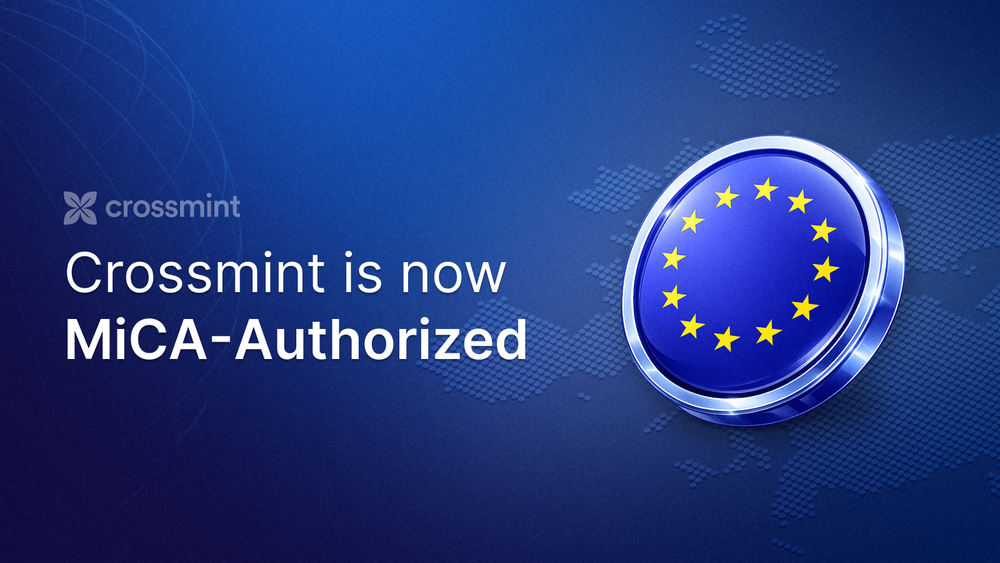Smart contracts are computer protocols or programs that are designed to automatically execute, control, or document legally relevant events and actions according to the terms of a contract or an agreement. Key aspects of smart contracts from a technical standpoint include:
- Code-Based Agreement: At their core, smart contracts are composed of code written in a programming language specific to a blockchain platform, such as Solidity for Ethereum. This code precisely defines the rules and consequences of the contract, mirroring legal contract terms in computational logic.
- Blockchain Integration: Smart contracts operate on a blockchain, a decentralized and distributed ledger. This integration ensures that the contract is stored and duplicated across multiple nodes in the blockchain network, providing security, immutability, and transparency.
- Self-Executing Nature: Once deployed on the blockchain, smart contracts automatically execute predefined actions when their conditions are met, without the need for intermediaries or external enforcement. This execution is triggered by events or transactions that are observable on the blockchain.
- Deterministic Execution: The outcome of a smart contract is deterministic, meaning it will produce the same output when given the same input. This predictable behavior is crucial for trust in the contract’s execution.
- Immutable Record: Once a smart contract is deployed to a blockchain, its code and the transactions it executes are immutable. This means they cannot be altered or deleted, providing a permanent and tamper-proof record.
- Interaction with Digital Assets: Smart contracts can control digital assets, making them a fundamental tool for various applications such as cryptocurrencies, decentralized finance (DeFi), non-fungible tokens (NFTs), semi-fungible tokens (SFTs), and more.
- Turing Completeness (in some blockchains): Certain blockchain platforms, like Ethereum, provide Turing-complete languages for smart contracts, allowing the creation of contracts with complex logic and functionalities similar to a full-fledged computer program.
In essence, from a technical viewpoint, smart contracts are automated, self-contained, and self-executing contracts, with the terms directly written into code and run on a blockchain network. They provide a powerful mechanism for enforcing and executing contractual agreements in a secure, transparent, and efficient manner.
Benefits of Smart Contracts
Smart contracts bring numerous advantages, including:
- Trust and Transparency: As they run on decentralized blockchains, smart contracts provide a transparent and trustworthy execution environment.
- Security: Smart contracts are highly secure due to encryption and the immutable nature of blockchain.
- Speed and Efficiency: Automating contractual processes reduces the time and cost associated with manual intervention.
- Accuracy: Automated contracts minimize the errors that often come with manually filling out forms.
- Cost-Effective: They reduce transaction costs by eliminating intermediaries.
- Compliance and Record Keeping: Smart contracts provide an accurate and immutable audit trail, which is beneficial for compliance and record-keeping.
How does a smart contract work?
- Initiation of Transaction: The process begins when a user initiates a transaction from their web3 wallet. This could be a financial transaction, a request to access data, or any other action that the smart contract is designed to respond to.
- Transmission to the Blockchain Network: The transaction is then transmitted to the blockchain network. This involves broadcasting the transaction details to the network's nodes (computers running the blockchain software).
- Verification of Identity and Transaction: Upon arrival at the distributed database (blockchain), the transaction undergoes a verification process. Here, the network confirms the legitimacy of the user’s identity, typically through cryptographic techniques.
- Smart Contract Activation:The transaction includes a piece of code, which is essentially the smart contract. This code specifies the conditions and rules that need to be met for the transaction to be executed. The activation of this code is contingent upon certain predefined criteria being fulfilled.
- Execution of Contract Terms: If the conditions within the smart contract are met, the contract automatically executes the encoded terms. This could be transferring funds, releasing digital assets, updating records, or any other action defined in the contract.
- Adding to the Blockchain: Once the transaction, along with its resultant smart contract execution, is approved by the network, it is grouped with other transactions. This cluster forms a new block which is then added to the blockchain. This addition is accompanied by cryptographic signatures, ensuring the integrity and immutability of the recorded data.
- Updating Contract Status: Any change in the status of the smart contract, whether due to an external trigger or a condition met within the contract, undergoes the same process. This ensures a continuous, updated record of the contract's state on the blockchain.
- Continuous Synchronization: As the blockchain is a distributed ledger, all changes are synchronized across every copy of the database in the network. This ensures that every participant has an up-to-date and consistent version of all smart contracts and transactions.
Smart contract: use cases
Smart contracts have a wide range of applications across various industries, leveraging their ability to automate and securely enforce contractual terms. Here are some notable examples:
Financial Services:
- Automated Payments: Streamlining recurring payments like dividends, salaries, or subscriptions.
- Insurance Claims Processing: Automatically processing claims based on verifiable triggers, like weather data for crop insurance.
- Decentralized Finance (DeFi): Facilitating lending, borrowing, and yield farming without intermediaries.
Supply Chain Management:
- Tracking and Verification: Monitoring the movement of goods and automatically releasing payments upon delivery.
- Quality Assurance: Enforcing compliance with standards and specifications in manufacturing and distribution.
Real Estate:
- Property Sales: Automating property transactions, including escrow services and title transfers.
- Rental Agreements: Facilitating and enforcing lease agreements, including automatic rent collection and deposit management.
Healthcare:
- Patient Data Management: Secure and efficient management and sharing of medical records.
- Automated Billing: Streamlining the billing process by verifying services and processing payments.
Voting Systems:
- Secure Voting Mechanisms: Enhancing transparency and security in voting systems, ensuring tamper-proof recording of votes.
Legal Industry:
- Contract Enforcement: Automating the enforcement of legal agreements, reducing the need for litigation or arbitration.
- Intellectual Property Rights: Managing and enforcing intellectual property rights and royalties.
Web3 Gaming and Entertainment:
- In-Game Transactions: Facilitating secure and transparent in-game purchases and rewards.
- Royalty Distribution: Automating royalty payments to artists, musicians, and content creators.
Identity Verification:
- Digital Identities: Creating secure and immutable digital identities for online verification processes.
Internet of Things (IoT):
- Device Interactions: Enabling smart devices to autonomously perform transactions and interactions based on predefined rules.
Government and Public Records:
- Document Verification: Storing and verifying documents like birth certificates, marriage licenses, and academic credentials.
- Public Benefits Distribution: Automating the distribution of benefits like pensions or subsidies based on eligibility.
Crowdfunding and Charitable Donations:
- Trustworthy Crowdfunding Platforms: Ensuring funds are released to project creators only when specific conditions are met.
- Transparent Donation Tracking: Tracking the use of donated funds in charitable organizations.
What’s the future of Smart Contracts?
The future of smart contracts looks incredibly promising as they stand at the forefront of blockchain innovation and digital transformation. As the technology matures, we can expect wider adoption across various sectors, from finance to healthcare and governance, driven by their ability to provide secure, transparent, and efficient solutions.
The integration of smart contracts with emerging technologies like artificial intelligence and the Internet of Things (IoT) is likely to further enhance their capabilities, leading to more sophisticated, autonomous, and adaptive applications.
Additionally, as legal frameworks evolve to better accommodate blockchain technologies, smart contracts could redefine traditional contract law, offering a more streamlined, automated approach to legal agreements and compliance. This evolution will likely make them an indispensable tool in the digital economy, revolutionizing how we interact, transact, and enforce agreements in a connected world.








